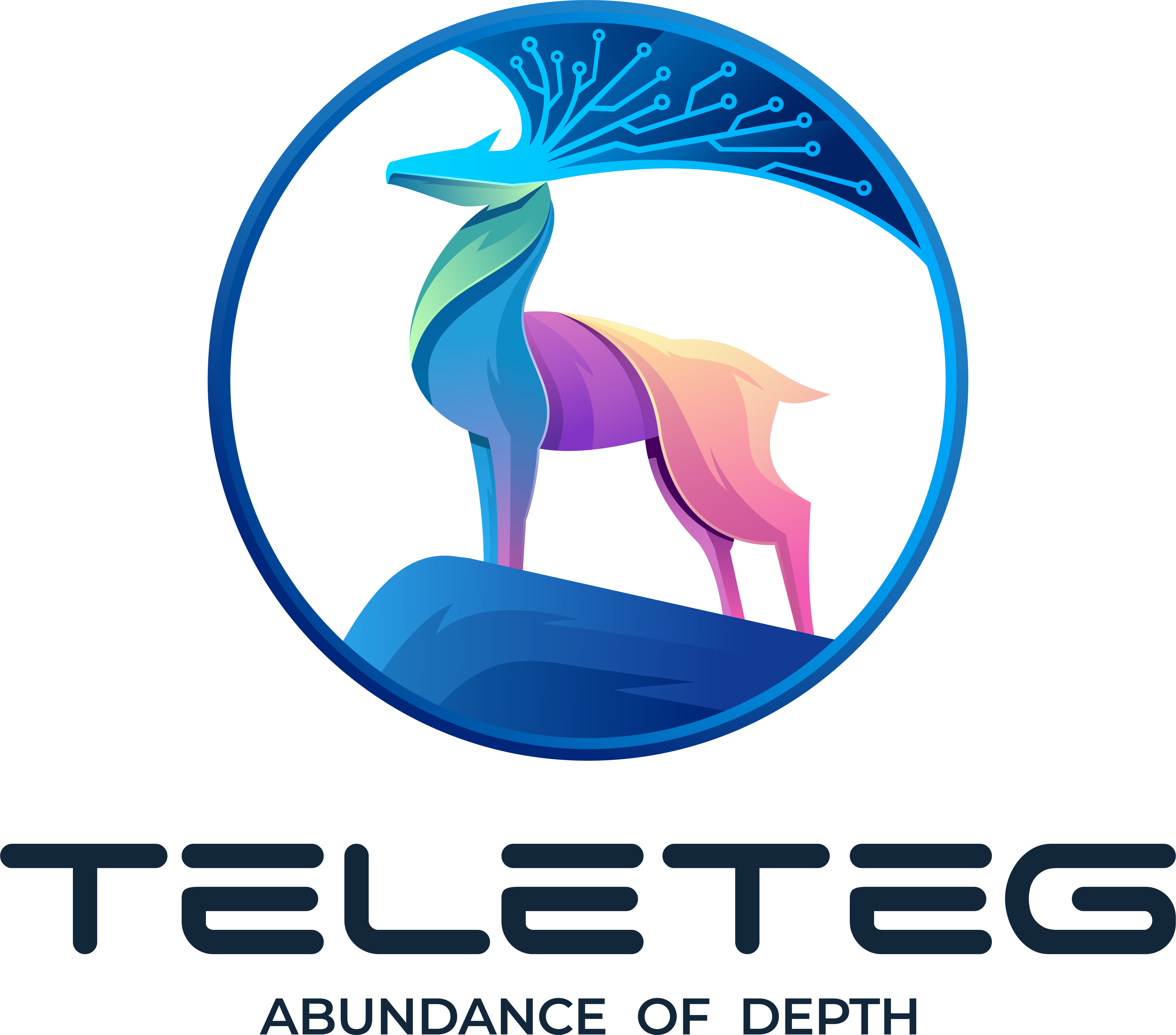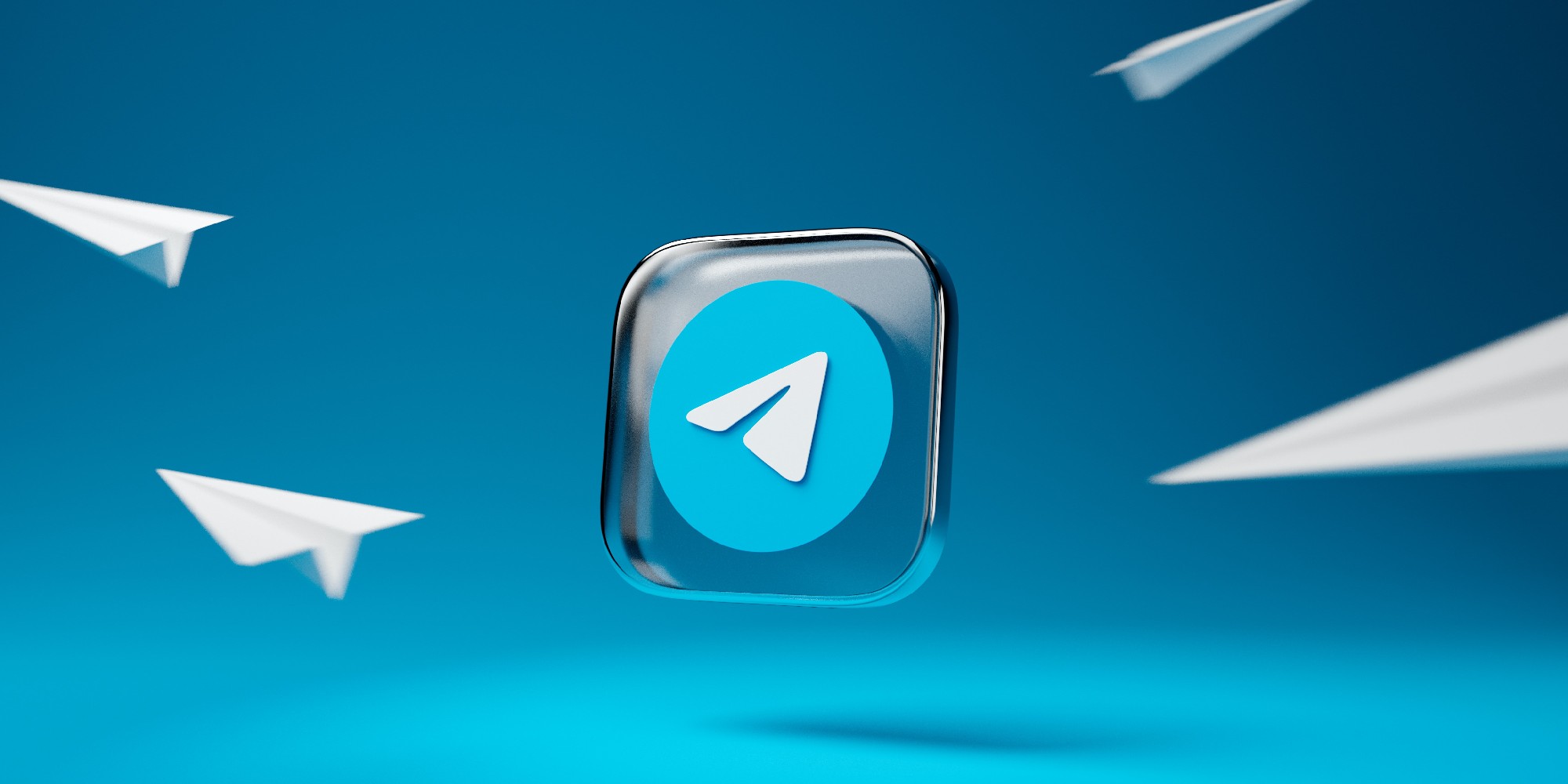Somaliland's Digital Journey: Connecting A Nation Of Resilience
Somaliland, officially the Republic of Somaliland, stands as a truly unique place in the Horn of Africa, isn't that something? It's an unrecognised country, you see, quietly forging its own path despite not having official international recognition. This land, historically, comprised areas now making up Somalia and Djibouti, and it really holds a special spot in the region's story. It's bordered by the Gulf of Aden to the north, Djibouti to the west, Ethiopia to the south, and Somalia to the east, so it's got quite the neighborhood, actually.
This remarkable area declared its independence from Somalia back in 1991, a decision made after a brutal war waged by the government of Siad Barre. For decades now, no country has officially recognized its sovereignty, yet, it has managed to establish a striking level of peace and stability. This calm has been restored through the determined efforts of its own people, a testament to their spirit, you know?
Democratic systems have been put in place and have continued to evolve, with five successful elections already held. This progress, arguably, makes Somaliland a beacon of hope and resilience in Africa. Its distinctive political setup, economic self-reliance, and democratic governance really do offer an example for other nations, and it's something to think about, isn't it? As we consider this, it's also worth looking at how modern communication shapes life there.
Table of Contents
- Somaliland: A Story of Self-Determination
- Building Peace and Democracy
- The Digital Pulse of a Developing Nation
- Navigating Online Spaces: Opportunities and Challenges
- Fostering a Responsible Digital Community
- The Road Ahead for Somaliland in the Digital Age
- Frequently Asked Questions About Somaliland
- Conclusion: Somaliland's Enduring Spirit
Somaliland: A Story of Self-Determination
Somaliland's journey is, in some respects, a truly compelling one. It's an autonomous region, located northwest of Somalia and southeast of the Gulf of Aden, which broke away and declared its own independence in 1991. Despite this bold move, no foreign power has formally recognized Somaliland's statehood, which is quite a hurdle, naturally. Its government, however, sees the territory as the rightful successor state to the former British Somaliland region, a claim that adds a layer of historical depth to its current situation.
The area now comprising Somaliland was, historically, part of a larger region that included what we now call Somalia and Djibouti. This shared past means there are deep cultural and historical ties, yet, there are clear differences that have led to its distinct path. Somaliland is in control of the western half of the former British Somaliland, but its government continues to claim the entire former British Somaliland region, so that's a point of ongoing discussion, isn't it?
Between 2002 and 2009, there were some tensions, but the overall trajectory has been towards greater self-governance and stability. This article, in a way, explores Somaliland’s past achievements, its current obstacles, and the rather critical crossroads it faces as the country gets ready for a significant election. It’s a story of a people striving for their own destiny, and that's something to admire, really.
- Drew Soicher Where Is He Now
- Ali C Lopez
- Aubreigh Wyatt
- Jane Benyo Petty Wikipedia
- Lil Timmy Viral Video
Building Peace and Democracy
The restoration of peace and stability in Somaliland is, arguably, one of its most impressive achievements. This wasn't something handed down; it came about through the sheer dedication and efforts of the people themselves. They've built a system from the ground up, which is quite remarkable. Democratic systems, for instance, have been established and have continued to grow and change after five successful electoral cycles, showing a deep commitment to self-governance.
This commitment to democratic principles sets Somaliland apart in a region often marked by instability. Its unique political system, alongside its economic independence, truly does make it a standout example. It shows that even without formal international recognition, a community can build a functional and peaceful society, and that's a powerful message, you know?
There's a lot to learn when you find out the differences between Somalia and Somaliland, the history that shaped Somaliland, and the issues being faced there today. These elements combined paint a picture of a society that has, in many respects, defied expectations and carved out its own peaceful existence.
The Digital Pulse of a Developing Nation
In recent years, like your many places around the world, Somaliland has seen a significant rise in digital connectivity. This spread of internet access and mobile communication tools has, in a way, started to change how people connect, share information, and even conduct daily business. It's pretty much a reflection of global trends, where more and more people are getting online, and that's just a reality, isn't it?
Communication platforms, for example, have become very popular for everything from staying in touch with family abroad to organizing community initiatives. These tools offer a new kind of space for public discourse and for people to gather around shared interests. It's a sign of a growing digital literacy, and in some respects, it helps bridge geographical distances within the country and with the outside world.
This digital evolution means new ways for people to express themselves and find information, too it's almost a new frontier for a developing nation. It brings with it both incredible opportunities for growth and connection, and, as with any widespread technology, certain considerations for how it's used responsibly.
Navigating Online Spaces: Opportunities and Challenges
The expansion of online platforms in Somaliland, as in any rapidly connecting society, presents a mix of opportunities and things to be mindful of. On the one hand, these digital spaces can foster incredible community building, allowing people to share ideas, support local businesses, and even discuss important societal matters. They can be a source of education and connection, which is really beneficial, you know?
However, with increased connectivity, there's also the need to talk about online safety and responsible digital behavior. It's pretty much the same conversation happening globally: how do we ensure that online interactions are positive and safe for everyone? This involves promoting digital literacy, helping people understand what information is reliable, and encouraging respectful communication.
For a society that has worked so hard to build peace and stability, maintaining a healthy and constructive online environment is, arguably, just another facet of that ongoing effort. It's about making sure that these powerful tools are used to uplift and connect, rather than to cause harm or spread misinformation.
Fostering a Responsible Digital Community
Building a responsible digital community is a continuous process, and it really involves everyone. Education plays a very big role here, teaching people, especially younger generations, about how to interact safely and respectfully online. This includes understanding privacy settings, recognizing potential risks, and knowing how to report problematic content, which is basically good digital citizenship, isn't it?
Community leaders and educators in Somaliland, much like elsewhere, are increasingly recognizing the importance of guiding people through this new digital landscape. They are, in a way, helping to shape norms for online behavior that reflect the values of peace and mutual respect that are so central to Somaliland's identity.
The goal is to harness the immense potential of digital communication for positive development—whether that's for economic growth, educational access, or simply keeping families connected. It's about making sure that the digital future aligns with the aspirations of the people, and that's a very important consideration, you know.
The Road Ahead for Somaliland in the Digital Age
Somaliland's journey is far from over; it's a dynamic and developing story. As it approaches a significant election, the country stands at a critical crossroads, with its past achievements informing its future steps. The digital realm, naturally, will play an increasingly important role in this future, influencing everything from political discourse to everyday life.
The ability to adapt and thrive, even without full international recognition, has been a hallmark of Somaliland's resilience. This same spirit will, arguably, guide its approach to the opportunities and challenges presented by the ever-expanding digital world. It's a testament to the strength of its people, really.
The focus remains on building a society that is not only peaceful and democratic but also one that is digitally literate and connected in a way that benefits everyone. This ongoing effort to balance progress with responsibility is a key part of Somaliland's narrative, and it's something to watch, certainly.
Frequently Asked Questions About Somaliland
Here are some common questions people often have about Somaliland:
What is the political status of Somaliland?
Somaliland is an unrecognised country in the Horn of Africa. It declared independence from Somalia in 1991, but no country has recognized its sovereignty in the decades since. Despite this, it operates with its own government, currency, and military, and has established democratic systems through successful elections, so it's quite self-sufficient, you know.
Where is Somaliland located?
Somaliland is located north of the equator, in the Horn of Africa. It is bordered on the north by the Gulf of Aden, on the east by Somalia (specifically, the autonomous area of Puntland lies to its east), on the south by Ethiopia, and on the west by Djibouti. It lies northwestern of Somalia and southeastern of the Gulf of Aden, which gives it a rather strategic position, doesn't it?
What are the main differences between Somalia and Somaliland?
The primary difference is political status and governance. Somaliland operates as a de facto independent state with its own established democratic institutions and a history of peace and stability since 1991. Somalia, on the other hand, has faced more significant challenges with governance and security since the collapse of its central government in 1991. Somaliland considers itself the successor state to the former British Somaliland protectorate, distinct from the former Italian Somaliland, which formed the bulk of modern Somalia. You can learn more about Somaliland's unique journey on our site, and also find more information on its history and current challenges.
Conclusion: Somaliland's Enduring Spirit
Somaliland's journey, from a declaration of independence to building a stable, democratic society without international recognition, is genuinely inspiring. It's a story of a people who have worked tirelessly to restore peace and establish systems that serve them, which is a powerful thing, really. As this nation looks to its future, its approach to the digital world will be a key part of its continued development. It's all about ensuring that new technologies contribute positively to its ongoing story of resilience and self-determination. For further reading on Somaliland's political context, you might find this article from the Council on Foreign Relations insightful.

| Results

Somaliland Wasmo Telegram 2024: The Ultimate Guide To Staying Connected

Wasmo Somaliland Telegram 2024: A Comprehensive Guide